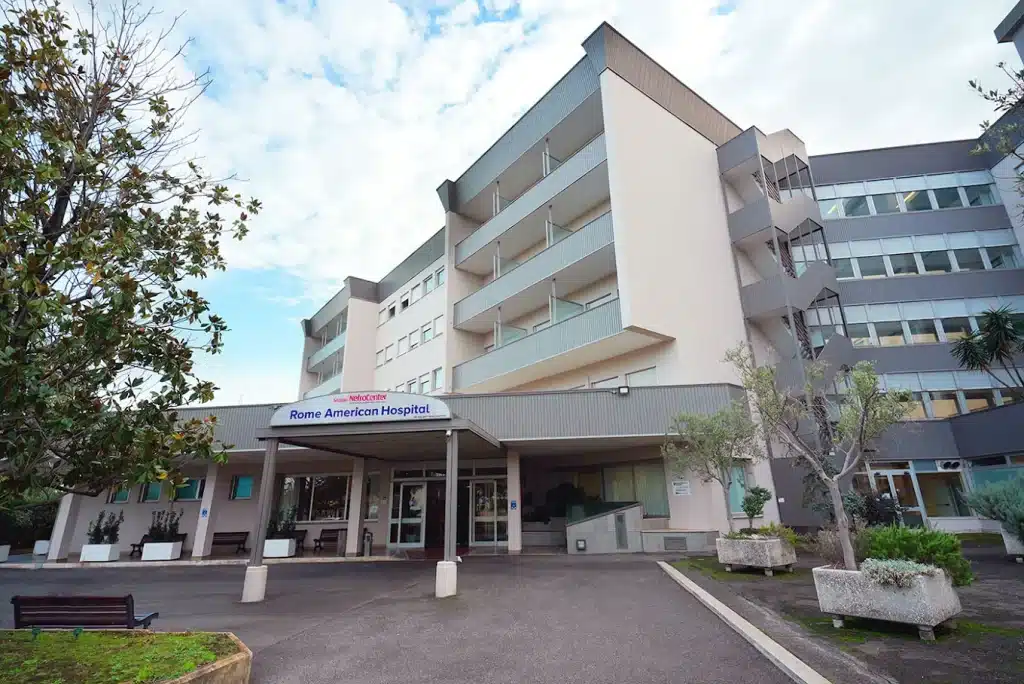The Medical Oncology service offers a multidisciplinary, personalized approach based on the latest scientific evidence for patients with solid and hematological tumors, following them through all phases of their complex treatment journey, from diagnosis to long-term follow-up. The oncologist’s commitment begins with prevention (promoting healthy lifestyles) and screening (participating in early diagnosis programs for tumors such as breast, colorectal, and cervical cancer), which are fundamental for increasing the chances of recovery. Once the diagnosis is confirmed (often in collaboration with surgeons, radiologists, and pathologists), the medical oncologist becomes the reference point for the patient and their family. They explain the available therapeutic options, discuss the prognosis, and plan the most appropriate treatment path based on the type of tumor, disease stage, molecular characteristics of the tumor, and the patient’s general condition (personalized approach). The oncology clinic handles the administration of systemic medical therapies (traditional chemotherapy, hormonal therapies, targeted molecular therapies, immunotherapy), careful and proactive management of side effects, follow-up (periodic clinical and instrumental monitoring after treatment to assess response and detect any recurrence early), and provides constant therapeutic support, including palliative and analgesic therapies for pain control and management of other symptoms, with the primary objective of ensuring the patient not only the best possible treatment options, but also the best possible quality of life.

















